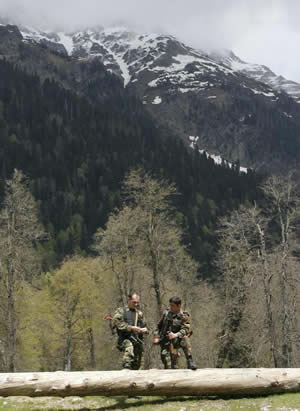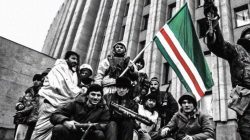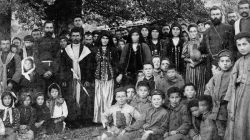
Sukhum/Agency Caucasus – A proposal by the Abkhazian administration that international police forces should be substituted for the Georgian troops deployed in Upper Kodor, a region of Ankhazia, met with refusal from Georgia.
Georgia’s refusal, however, contradicts its recent pressure for the replacement of Russian Peace Forces with the Western peace forces after Russian peace forces were legally allowed to be present along the ceasefire lines under the umbrella of the Commonwealth of Independent States (CIF)—permission that was granted to Russia in compliance with the Moscow Treaty of 1994, which was signed after the 1992-1993 war.
The Abkhaz officials submitted their proposal to Irakli Alasaniya, Georgian Ambassador to the United Nations since 2006, or UN, while he was in Sukhum, said Sergei Shamba, President of Abkhazia, though
Georgia’s refusal to agree to the replacement of Georgian armed forces deployed in
With Georgia’s refusal to agree to Abkhazia’s proposal, the likelihood of Russian peacekeeping forces being driven away from the region has disappeared.
Georgia sent off its troops to
KU/ÖZ/FT
[ssba]




